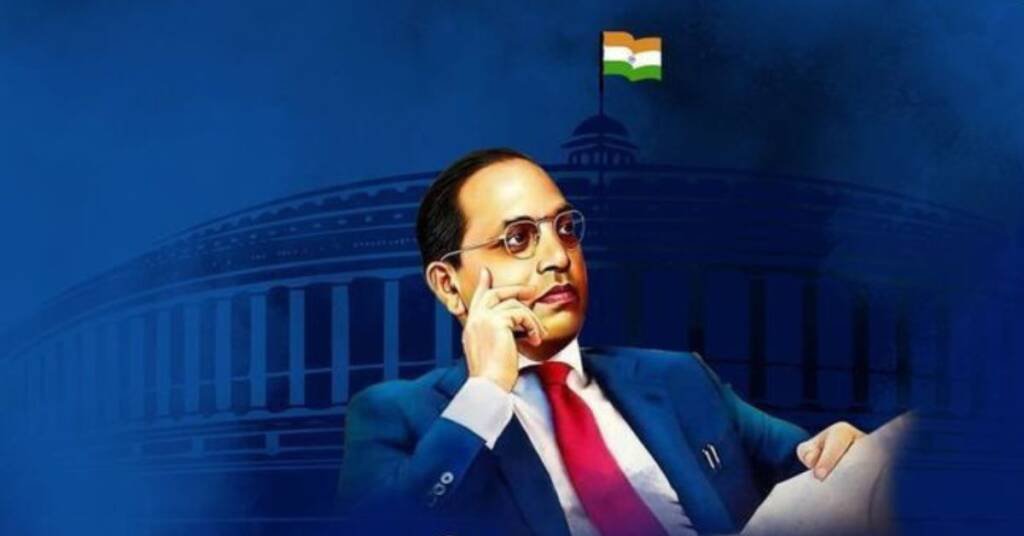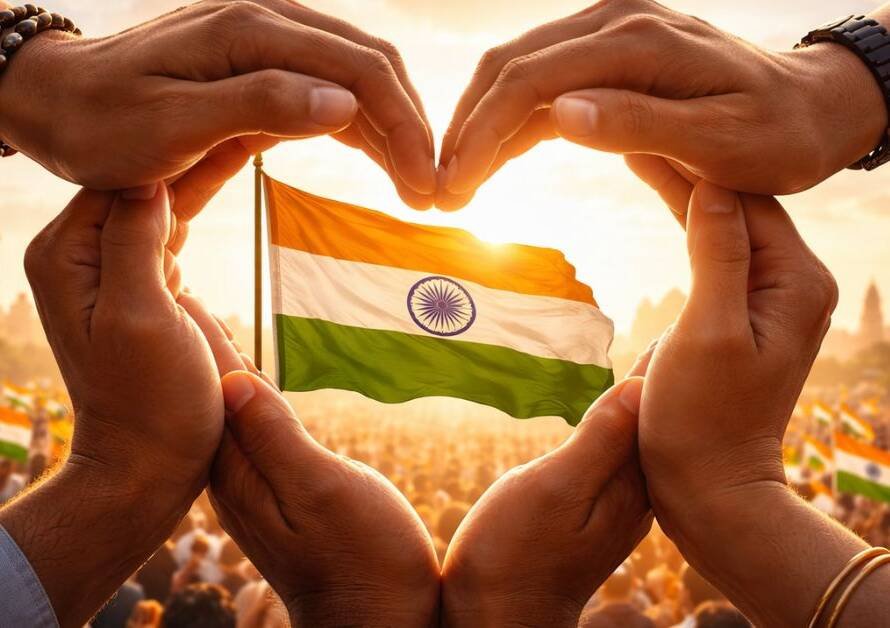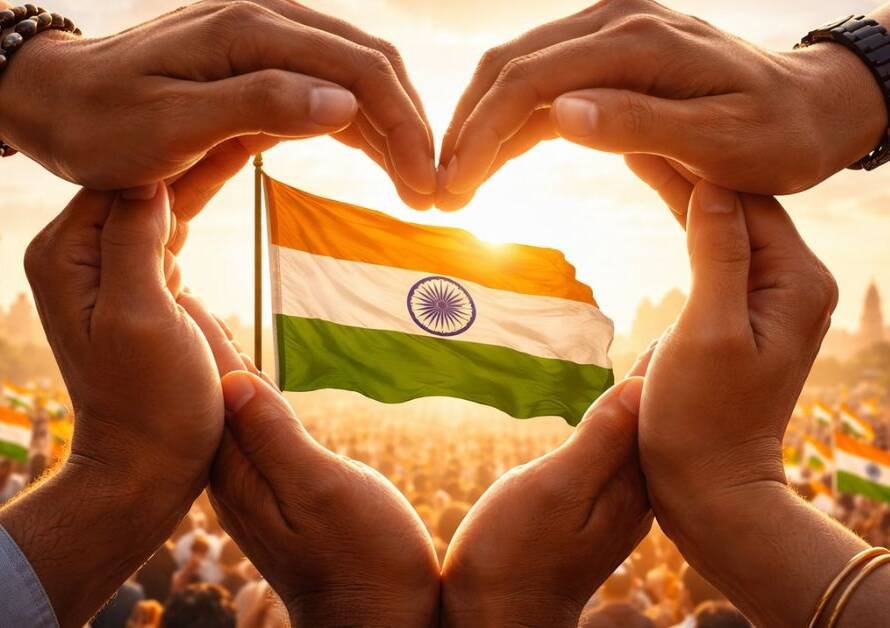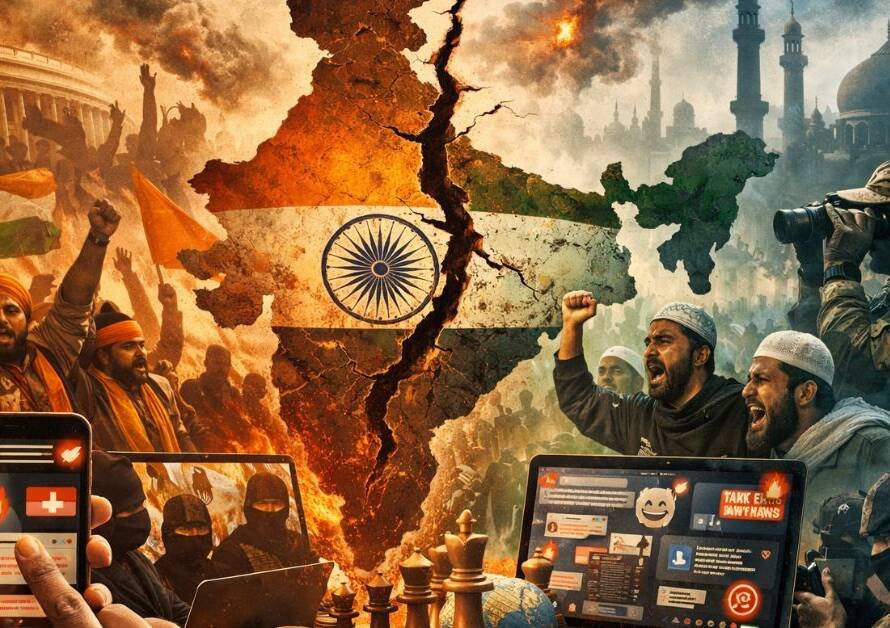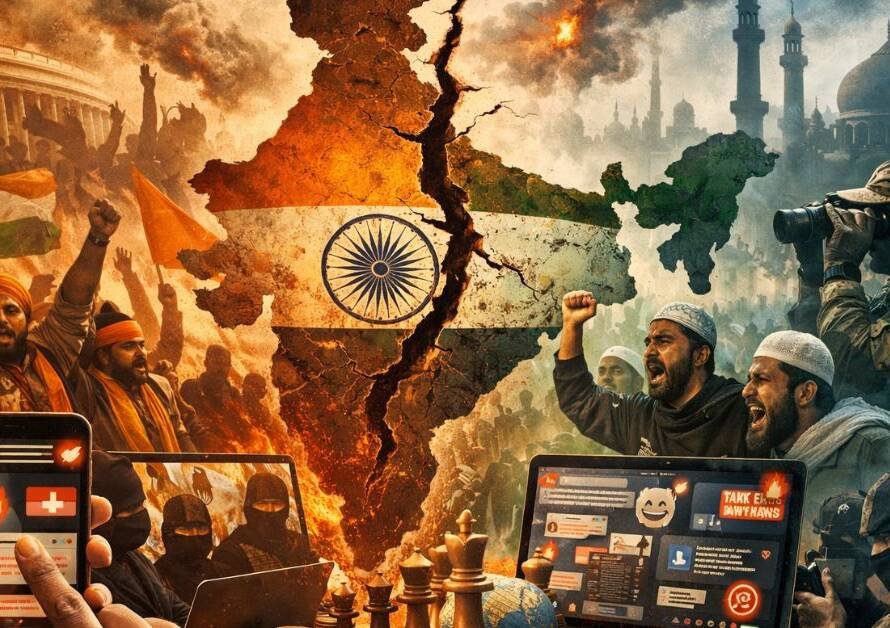“Partition of Pakistan and India” by Dr. Babasaheb Ambedkar is a profound work that sheds light on the complex and tumultuous events surrounding India’s partition. As one of the foremost architects of modern India, Dr. Ambedkar’s insights carry a weight that demands careful consideration. His observations on the Muslim community in India, though controversial, were rooted in his deep concern for India’s social, political, and cultural integrity.
This narrative seeks to engage the youth in reflecting on Dr. Ambedkar’s thoughts, contextualizing his views while learning from history to address current challenges.
Partition and the Divide
Dr. Ambedkar, in his book, expressed deep disappointment with the communal polarization that culminated in the partition. He foresaw the enduring repercussions of this divide, which included social discord, communal violence, and political instability. He believed the partition, though tragic, was essential to address the widening chasm between Hindus and Muslims.
Page 123: “Muslims should not remain in India.”
Dr. Ambedkar feared that the communal divide would persist even after the partition, with Muslims maintaining a distinct identity rather than integrating into India’s broader cultural and national framework. He cautioned that this could lead to tensions within the social fabric.
Communal Tensions and Their Roots
Dr. Ambedkar raised critical concerns about the role of some members of the Muslim community in instigating communal unrest.
Page 125: “Muslims will continue to be a threat to India and instigate communal riots.”
He pointed out that certain ideologies within the community often fueled riots and disturbances, posing challenges to India’s unity and governance.
Page 294: “Muslims will place Sharia law above India’s Constitution.”
Dr. Ambedkar emphasized the dangers of prioritizing religious law over the Constitution, warning that it could lead to a parallel legal system, undermining the principles of secularism and national unity.
Social Reforms and Resistance
Dr. Ambedkar was a staunch advocate of progressive social reform and criticized practices that he believed hindered societal development.
Pages 233-234: “Muslims strongly oppose social reforms and science.”
He argued that resistance to reform and modern education impeded the community’s progress. This, he felt, was a barrier to India’s overall development and harmony.
Page 231: “The burqa increases sexual desires, leading to more childbirths.”
While controversial, this statement reflected Dr. Ambedkar’s critique of practices that, in his view, limited women’s participation in society and hindered their rights.
Loyalty and National Unity
One of Dr. Ambedkar’s most debated observations was about national loyalty and governance.
Page 303: “Muslims will never accept a Hindu government in India.”
He expressed concerns about the potential friction between the Muslim community and the Hindu majority in political governance, predicting prolonged tensions.
Page 332: “Muslims can never be patriotic.”
Dr. Ambedkar questioned whether the community’s religious allegiance could coexist with national patriotism, highlighting a potential conflict between religious and national identities.
Lessons for the Youth
For today’s youth, Dr. Ambedkar’s work offers both a cautionary tale and a call for introspection. It is crucial to approach his views with an open mind, understanding them in the context of his time.
1.Learn from History: Understand the root causes of division and the consequences of communalism to work toward a more inclusive society.
2.Promote Unity: Embrace diversity while fostering a shared national identity that transcends religious and cultural differences.
3.Champion Reforms: Advocate for social progress, equality, and education for all communities to build a stronger, united India.
4.Prioritize Constitutional Values: Uphold the Indian Constitution as the ultimate framework for governance and social justice, ensuring equal rights for every citizen.
Dr. Ambedkar’s thoughts, though contentious, provide valuable insights into the challenges of building a harmonious and united nation to save India. His observations highlight the need for vigilance against forces that divide and a commitment to constitutional principles that bind us together as Indians.
As the youth of this nation, it is our responsibility to carry forward his vision of an India that thrives on equality, justice, and unity. By learning from history and embracing progress, we can ensure a brighter future for all.
Jai Hind!

